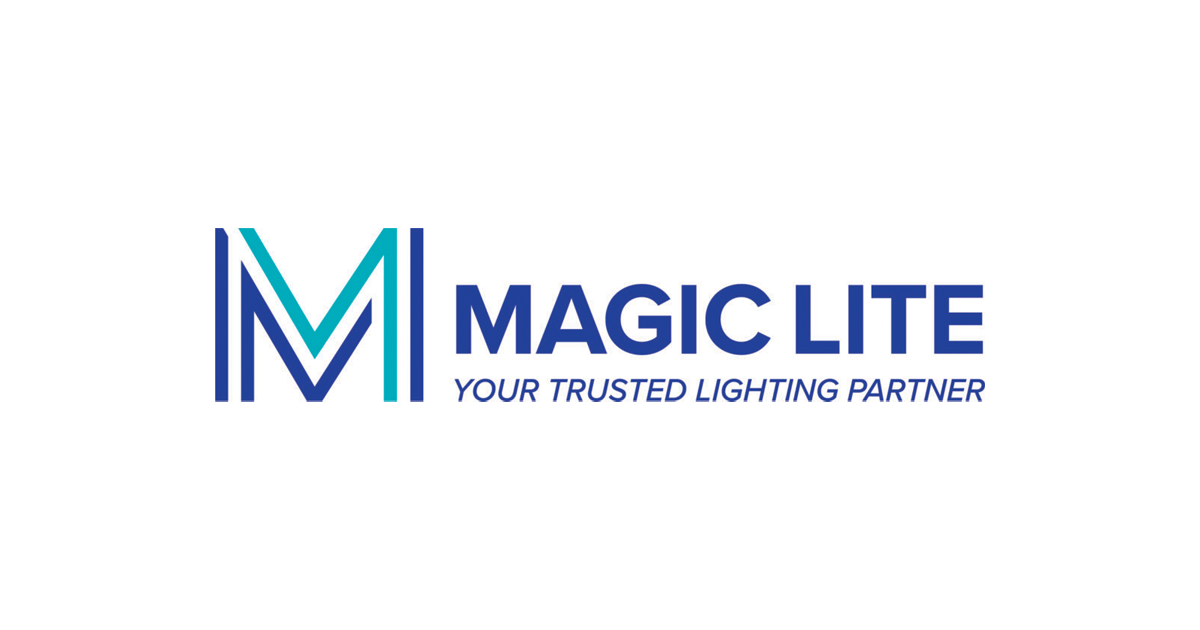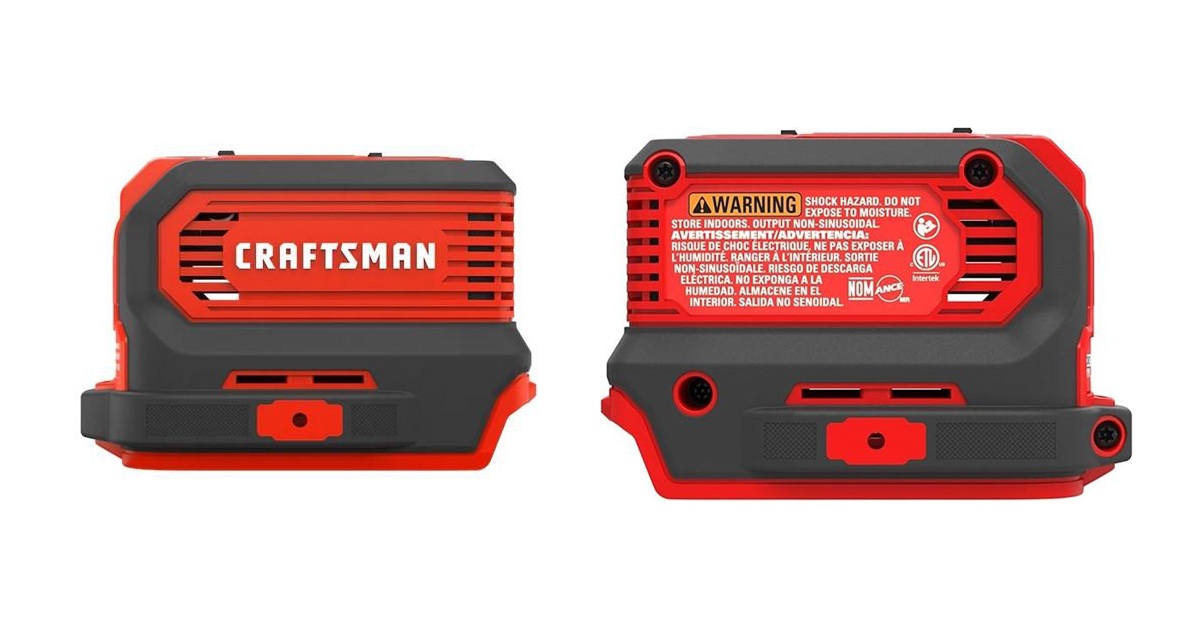Grounded in Ontario Podcast Episode 7: Underground Economy Revisited
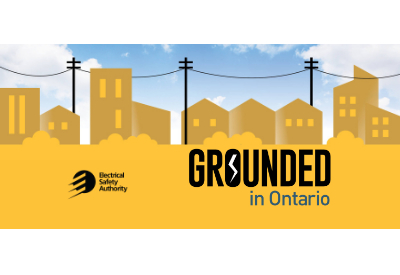
July 6, 2022
Shining a Light on the Underground Economy with Soussanna Karas
Director of Licensing at ESA, Soussanna Karas, explains how educational materials and enforcement blitzes help protect Ontarians against those operating in the underground economy.
Last year alone, the Electrical Safety Authority issued more than 1,300 notices of violations, launched more than 100 investigations and convicted 48 unlicensed electrical contractors.
Those working without ECRA/ESA licences or not filing an ESA notification of work (permit) are part of the “underground economy,” says Soussanna Karas, Director of Licensing at ESA. And with each violation, these electrical contractors are undermining the trust and integrity of the industry for us all.
In this episode, host Karen Ras speaks with Soussanna about how her team is working hard to combat the dangers of improper and unlicensed work by providing education, guidance and enforcement of existing policies. They’ll also introduce ESA’s latest digital enhancements that make it easier to stay up to date with licensure.
“The trust in the electrical contracting trade in the industry is established by Licensed Electrical Contractors acting with honesty and integrity,” Karas said. “And we want to work with our community to ensure that that happens every day with no exceptions.”
The power of education
When ESA identifies a pattern of non-compliance, the first step is to educate. Whether the contractor is knowingly performing work without an ECRA/ESA licence, or is new to the industry and unaware they are violating compliance procedures, ESA’s primary goal is to highlight the issue and bring awareness.
For example, ESA saw a trend toward illegal installations of pot lights – with over 600 reported cases in the Brampton area alone. Its response? ESA compliance staff issued letters to contractors informing them of risks associated with failing to file notifications. Inspectors visited over 400 homes in an effort to inform the community.
“The first and foremost foundational activity that we take when we find non-compliance is to educate. We then direct,” Karas said. “And only if we see a pattern of non-compliance – if we see that somebody understands their rights and obligations, but refuses to comply with them – only then we investigate and prosecute.”
This approach has worked well for ESA. After promoting safety materials surrounding electrical vehicle charger installations, the agency found more and more Licensed Electrical Contractors filing the appropriate notifications. In 2021, the ESA saw an 87% increase in notifications filed compared to the previous year.
“It shows that people now understand their obligations and they do want to ensure EV chargers are installed safely,” she said. “Given the increase in gas prices and interest in purchasing EV vehicles, the chargers will continue to be on our radar.”
In a multicultural area like Ontario, Karas also explains that it’s important to make sure these resources are accessible for everyone – not just English speakers. Every stakeholder should have access to the information that can keep them safe.
“We care greatly about access to information that our stakeholders should have in respect to electrical safety,” she said. “We try to draft our messages in different languages to provide this access.”
In order to spread the word on safety measures, the ESA partners with other organizations to combat the underground economy. Its latest partnership with WSIB helps ensure each of the business’ electrical contractors is registered with the correct ECRA/ESA licence.
“The power of education changes behavior,” Karas said.
The role of Licensed Electrical Contractors
Licensed Electrical Contractors (LECs) have a very important role to play in the community. Karas explains that they are the ones that clients trust to keep them safe and do the job right.
“They’re advising consumers. They’re invited in their houses, in their homes, in their businesses,” Karas said. “Consumers rely on the contractors for their advice and trust to have their best interest at heart, which is why we at ESA take it very seriously when license holders do not comply with those responsibilities or act without honesty and integrity.”
The underground economy threatens that trust. Especially when someone who’s previously held a licence (that has since expired or been revoked) and understands their obligations and yet chooses to conduct illegal installations and put clients at risk.
“In my mind, this is my biggest concern,” she said. “Behavior such as this disrupts the level playing field. It undermines consumer confidence in the industry. And, really, it brings disrepute to the profession.”
That’s why it’s so important for LECs to make sure they are complying with ESA standards of conduct and guidelines. Karas recommends using the newsletter ‘Plugged In’ to stay up to date on licensing updates.
ESA is also adopting self-serve portals that will make it easier for licence holders to navigate the agency’s processes. On these portals, master electricians and LEC’s can renew their licences, see account updates and track invoices.
More changes are in store: “The new portal will have much more capacity for you to do business with us: upload documents, submit forms, receive licences and make payments,” she said. “We hope to come on soon, and we’re working on it currently.”
Listen to the full episode to hear even more of Karas’ additional advice on keeping in compliance with ESA’s licensure guidelines.
Go HERE to listen



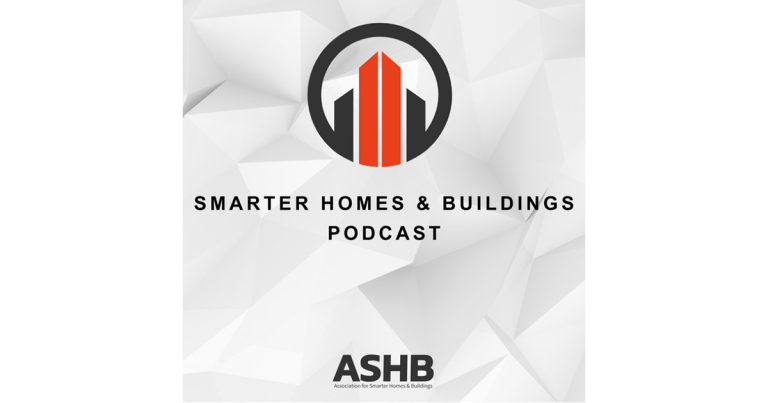
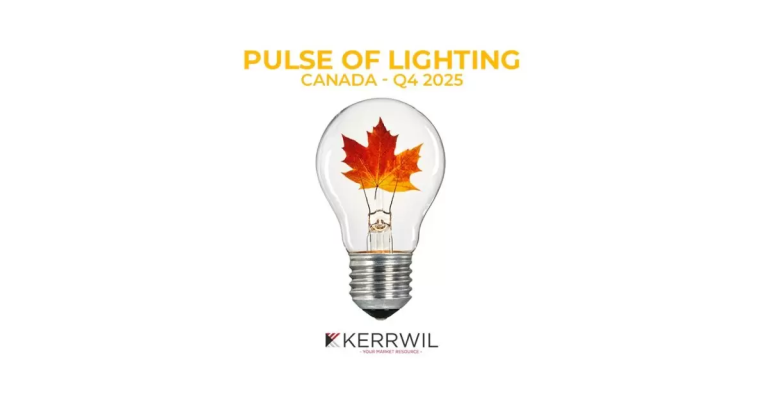
![Guide to the Canadian Electrical Code, Part 1 – 26th Edition[i] – A Road Map: Section 54](https://electricalindustry.ca/wp-content/uploads/2022/11/Guide-CE-Code-2-768x432.png)
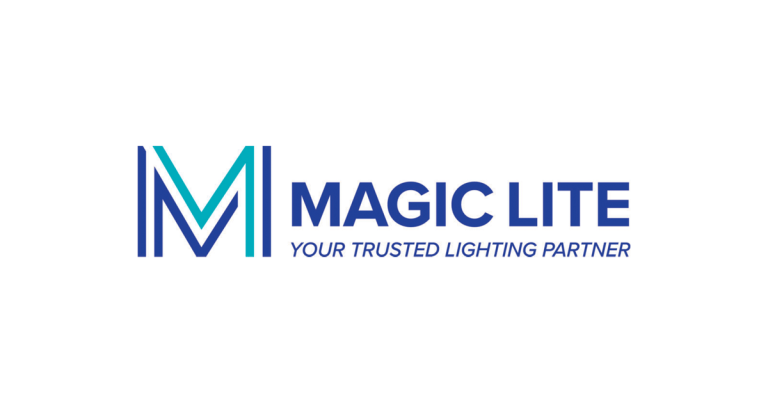



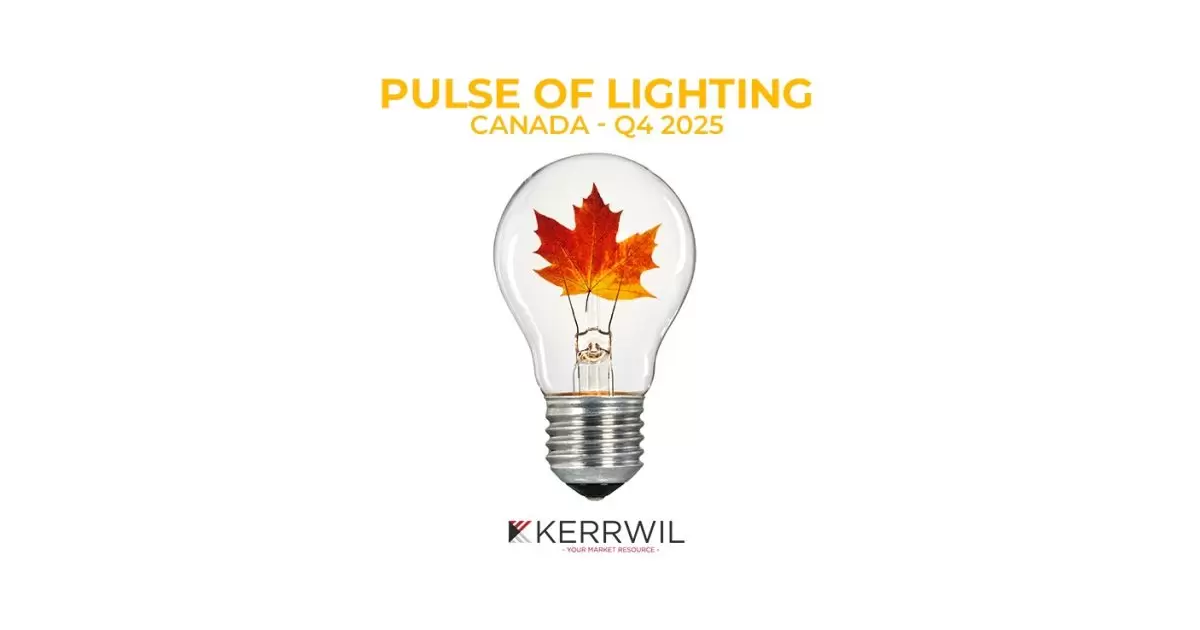
![Guide to the Canadian Electrical Code, Part 1 – 26th Edition[i] – A Road Map: Section 54](https://electricalindustry.ca/wp-content/uploads/2022/11/Guide-CE-Code-2.png)
